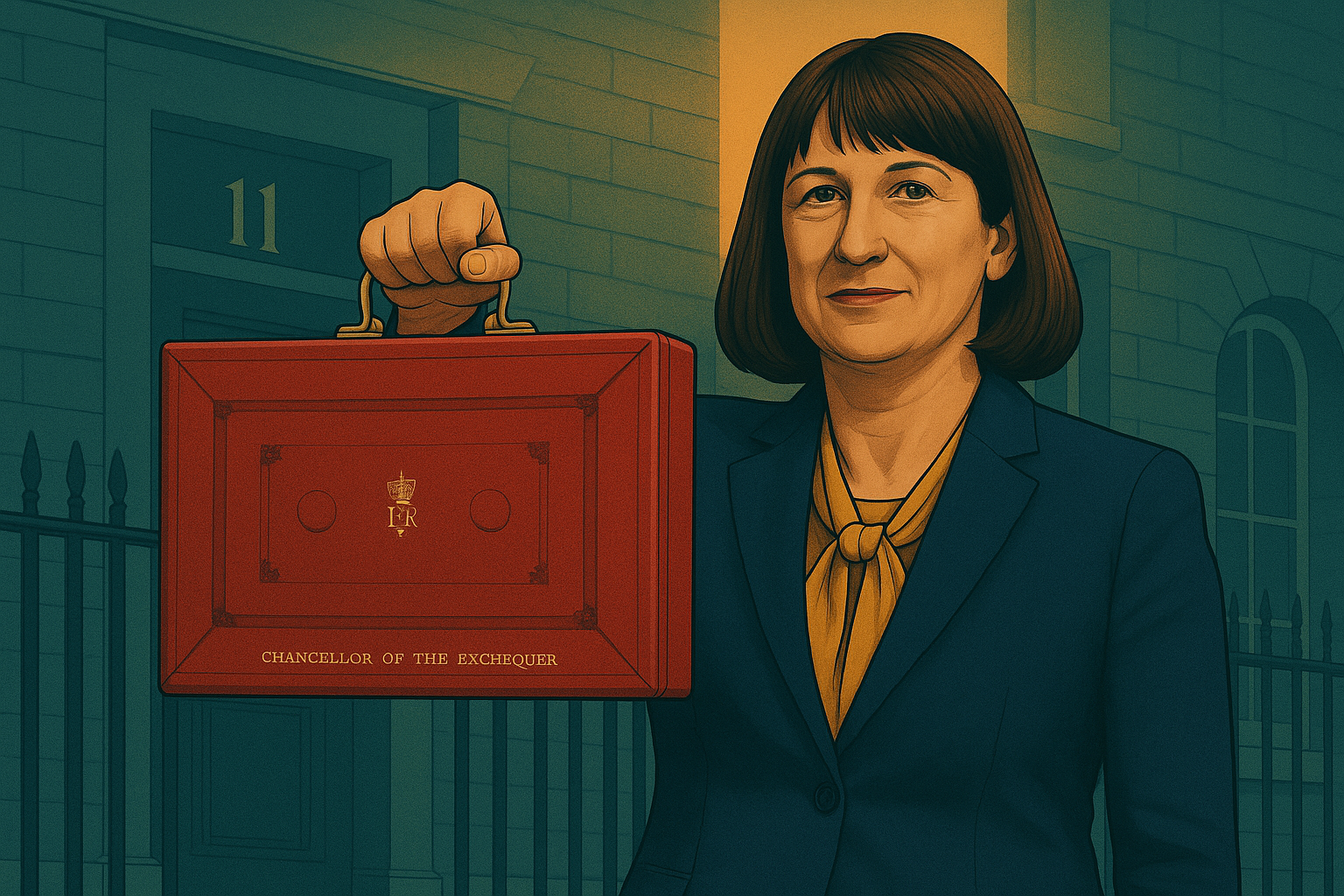-

Lomond completes strategic sale with Womble Bond Dickinson. The transaction follows Lomond’s landmark acquisition of Kinleigh Folkard & Hayward earlier this year, underscoring the company’s expanding national property footprint and the continued legal partnership between Lomond and Womble Bond Dickinson.
-

Mason Infotech projects 50% revenue growth this year. The Nottingham-based IT managed service provider credits its expansion to surging client demand for cybersecurity and AI-driven support, as it strengthens its leadership team and extends its reach into new sectors and regions.
-
The Bank of England is expected to lower interest rates to 3.75 per cent on Thursday. The move, likely backed by a narrow majority, follows a sharper-than-forecast fall in inflation and mounting evidence of a cooling UK economy. Markets are watching closely for signs of further easing into 2026.
-

George Osborne joins OpenAI to lead global AI strategies. Osborne, former UK chancellor, assumes his new role in January, leading OpenAI’s international efforts to collaborate with governments on AI infrastructure and policies, promoting democratic principles in technology deployment.
-
SThree faces challenges amid a weakening UK jobs market. The recruitment firm reported a 26% decline in UK fees during Q4, contributing to a 12% drop in group net fees. Despite this, SThree anticipates meeting its £25m pre-tax profit target.
-

Monzo CEO TS Anil departs amid boardroom dispute over IPO. Reports suggest Anil clashed with Monzo’s board regarding the timing of a public listing, leading to his surprise departure. Diana Layfield, a former Google executive, will succeed him.
-

UK employment continues to falter as policymakers weigh a rate cut. The latest ONS data show unemployment rising to a four-year high, payrolled employment declining, and wage growth cooling — signs that the labour market is losing momentum as the Bank of England faces renewed pressure to loosen policy.
-

UK SMEs may finally have reason for cautious optimism. Rory Crisp-Jones of Jones & Co Finance argues that the Autumn Budget has provided long-awaited stability and renewed incentives to invest — from full expensing and a new 40% First-Year Allowance to a steady 25% corporation tax rate — shifting the balance towards growth.
-

The UK Treasury plans to extend financial regulation to cryptocurrency markets, requiring exchanges and wallet providers to register with the FCA and meet anti-money-laundering standards. The new rules, set to take effect by 2027, aim to boost investor confidence and ensure global competitiveness.
-

UK savers are investing £2,354 on average after consulting AI platforms. More than half of adults now use tools like ChatGPT for financial advice, though banks’ websites and Money Saving Expert remain the most trusted sources of guidance across all age groups, according to new research by STRAT7.
